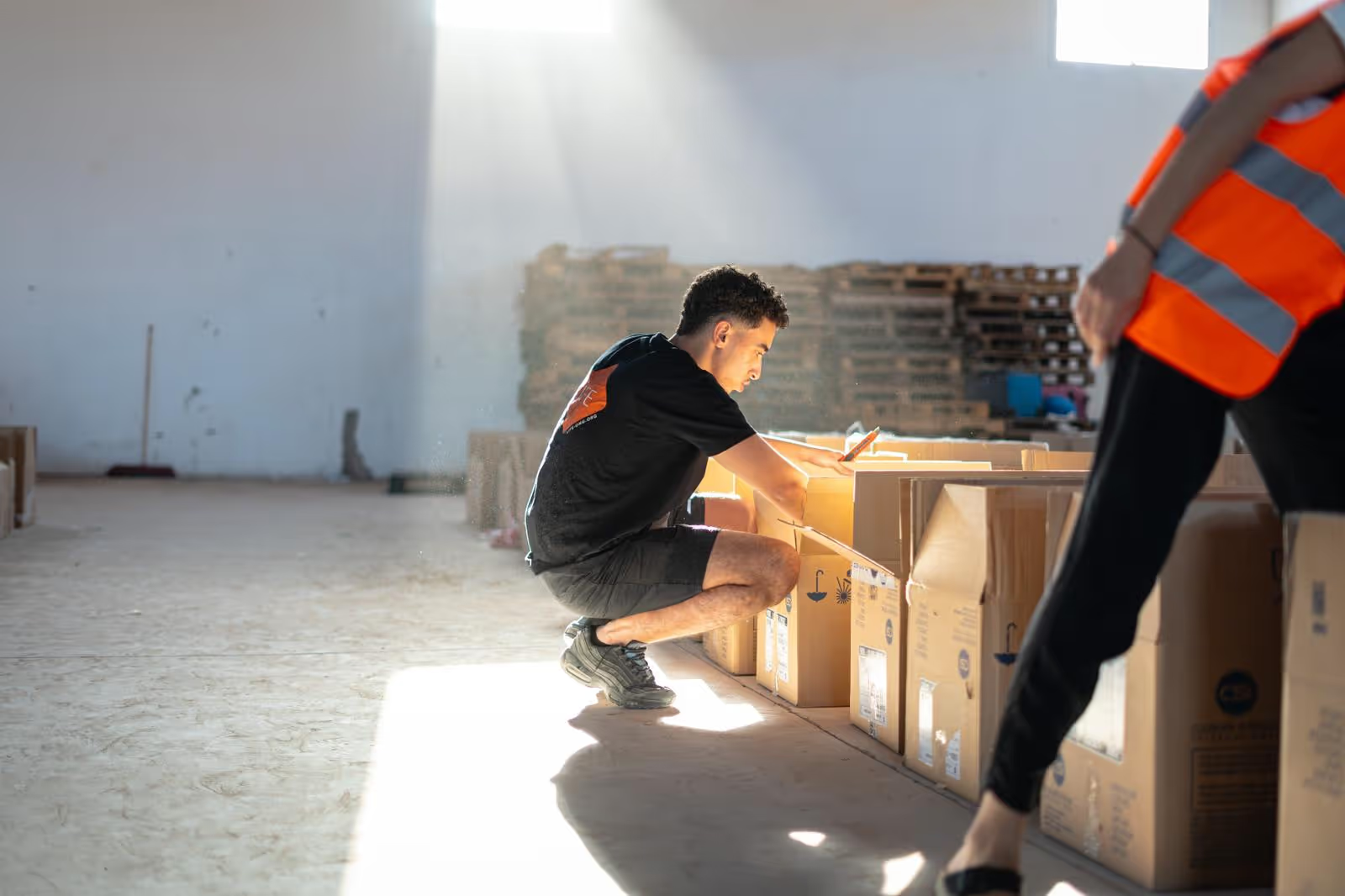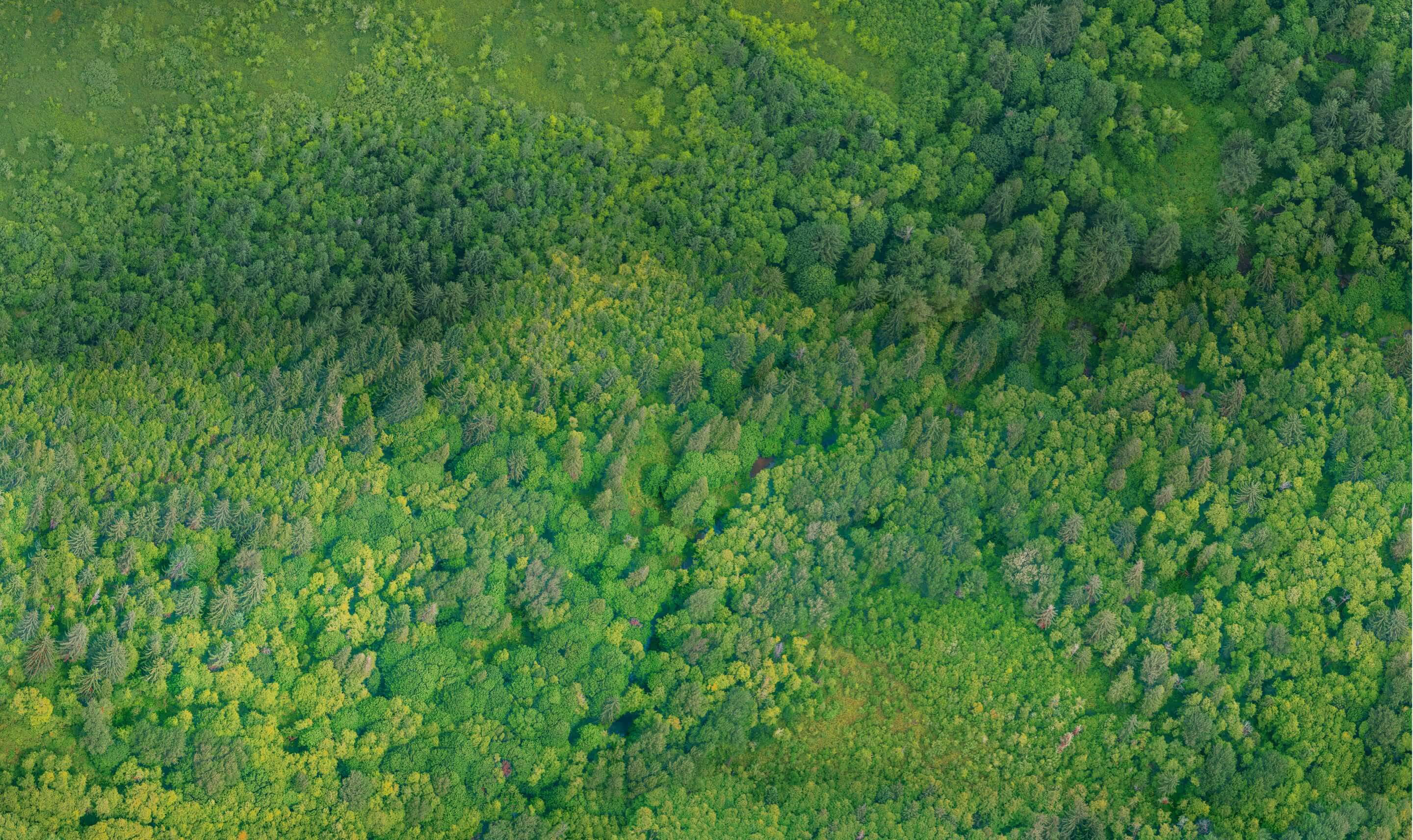Climate emergency: what do 6 climate experts think?

In a context where the climate emergency is intensifying, where the effects of global warming are becoming more and more noticeable, a crucial question arises: “Climate emergency: is it already too late to reverse the trend and save our planet?” To answer this question, we sought the expertise of several climate specialists. Their answers provide us with an informed insight into the current situation and the measures needed to deal with the climate emergency. Let's find out the views of these experts.

“It is urgent to reduce greenhouse gas emissions in order, if possible, to limit global warming to well below + 2°.”
Hervé Douville is a climatologist and a permanent researcher at the National Center for Meteorological Research. He is also one of the authors of the latest IPCC report. His opinion on the climate emergency:
“The IPCC's key message about climate change mitigation is both simple and ambiguous. Since each ton of CO2 or each additional decile of warming increases the potential impacts of climate change, it is urgent to reduce greenhouse gas emissions to, if possible, limit global warming to well below +2°C compared to the pre-industrial era. The gradual nature of impacts is thus opposed to a fateful temperature threshold that should not be exceeded. This threshold depends on the degree of urgency of mitigation measures and the time available to achieve net zero greenhouse gas emissions. The laws of physics are such that the stabilization of temperatures requires the stabilization of greenhouse gas concentrations and therefore the cessation of emissions that cannot be absorbed by natural carbon sinks. The first working group of the IPCC draws attention to the fact that the apparent graduality of impacts, considered in general, should not obscure possible tipping points (abrupt and more or less irreversible changes) such as the stabilization of the polar ice caps, the collapse of the circulation thermohaline in the North Atlantic, or the disappearance of tropical forests in the Amazon) whose consequences could be disastrous. The probability remains uncertain but it increases with the magnitude of global warming.From a purely climatic point of view, caution therefore consists in acting as quickly and strongly as possible to limit the many negative impacts feared for human societies and ecosystems.From a social point of view, the equation is much more complicated since it is a question of supporting the necessary changes and enforcing a form of climate justice whose definition is still widely debated.Finally, we must avoid confusing speed and haste to make effective choices in terms of both adaptation and mitigation. False “good technological solutions” are bound to multiply as soon as governments are put under pressure and as long as populations remain reluctant to embark on the path to greater sobriety.”
“We will never go back. On the other hand, our future will largely depend on what we do today.”
François Gemenne is a research teacher for the Fonds de la Recherche Scientifique (FNRS). He is a professor at Sciences Po where he lectures on climate change and migration policies. He is also a book author and co-author of the 6th IPCC report. He is co-director of the Climate and Defense Observatory at the Ministry of Armed Forces at IRIS. This climate expert is also the director of the research center The Hugo Observatory: Environment, Migration, Politics based in Liège. twitter instagram Linkedin
“We have to realize that climate change is not a binary problem, it is a gradual problem, that is, it is never too late! Every tenth of a degree is going to make a huge difference, especially for systems that are very vulnerable to temperature changes. The problem with thinking of climate change as a binary problem is that we will tend to get discouraged, to tell ourselves that it is useless when in reality, everything will count. We must abandon the idea that we will be able to go back, the climate change that we have initiated is irreversible at the scale of the century. On the other hand, it is our actions today that will determine what will be the level of future temperature rise, this is where everything will play out, where the difference will be made.
No action against climate change is useless. Our future will largely depend on what we do today.”
“We are all actors of change, it is not too late to act.”
Olivier Barrière, a biologist by training, is a recognized expert in the field of climate issues. As a speaker and speaker on sustainable development, he shares his knowledge at conferences focusing on topics such as water, marine energies and biodiversity. Linkedin
“Our understanding of climate change and its consequences is far from recent; it dates back to the middle of the 19th century. However, it is only very recently that we have taken stock of the impacts of the massive use of fossil fuels (oil, gas and coal). If these energies have revolutionized our lifestyles, we are now paying the price.
In France, we feel less affected than other regions of the world. However, a recent study would suggest that “France would warm up more (around + 20%) than the global average” (study published in early October 2022 in the journal “Earth Systems Dynamics”).
The loss of biodiversity directly linked to climate change is undeniable and will most likely accelerate. The same goes for the problems of access to water. However, it must be understood that the loss of biodiversity and the scarcity of natural resources are not the consequences of a single phenomenon, namely climate change. Rapid urbanization, the overexploitation of resources, pollution, pollution, the reduction of natural areas and many other factors linked to our activities are all factors that, combined with global warming, threaten our planet.
We must also be aware that stopping all of our emissions altogether or in any case reducing them so that natural carbon sinks (forests, oceans, soils, etc.) have the capacity to sequester them sustainably, will not instantly stop the effects of global warming. The greenhouse gases already emitted by our activities will remain in our atmosphere for a long time to come, with all that this causes. This highlights the urgent need to reduce our emissions sustainably and as quickly as possible.
Despite this worrying observation, which is now a consensus, human nature is like this, it is at the foot of the wall, or even with our nose stuck to the wall, that we react. Nevertheless, we have the capacity to reverse the trend and, by necessity, we will be forced to do so.
Even though the damage we cause is significant, nature has the capacity to be resilient. On the other hand, we must be aware that for humanity, the world of tomorrow will be very different from that of yesterday. The real question from my point of view is: can we still save our modern lifestyles, our development and economic models? I am not an activist for degrowth, but I remain convinced that this overconsumption, this waste of resources, this denial of our impacts on living beings or the climate, are much more harmful to humanity than to our planet. I remain convinced that we can maintain our quality of life with a more sustainable development of our societies, but that will come at a price. Our models, our consumption patterns, our relationship with nature, must change profoundly. And it is not tomorrow that we will have to act on it, or wait for the solution from others. Awareness must be collective, taken head-on in our own interest, as well as in that of our planet. We are all actors of change, it is not too late to take action and preserve the richness of our natural environments. “
“Scientifically speaking, it is not too late, there are ten years left to act.”
Didier Swingedouw is a climatologist and researcher at the CNRS. He works at the Oceanic and Continental Environments and Paleoenvironments Laboratory (EPOC), in Bordeaux. This climate expert is also one of the contributors to the IPCC reports. Linkedin twitter Site
“It's not too late! There are dangerous thresholds in front of us like +1.5 degrees, +2 degrees. We therefore have a very restricted emission right. This is what undoubtedly makes some say that it is too late, but scientifically speaking, it is not too late. There are ten years left, twenty at most to act, after that, we will pass potentially dangerous thresholds, climate changes that are more and more problematic. We hear a lot of speeches calling for a certain inaction such as “it's too late, we might as well continue as we are doing, and we'll see.” There is no miracle solution, but rather solutions that, end to end, could meet the challenge. Individual solutions work, they are important, but they are not enough. They must be accompanied by a change in mentality and behavior. “
“No, it's not too late to take action. It is important to curb greenhouse gas emissions, today, tomorrow and the day after tomorrow.”
Olivier Boucher is a research director at the National Center for Scientific Research (CNRS), an expert in climate modeling. His expertise was sought during the coordination of the “Clouds and Aerosols” chapter of the fifth assessment report of the Intergovernmental Panel on Climate Change (IPCC).
“No, it's not too late to take action. The more greenhouse gases such as carbon dioxide (CO2) we emit, the more we warm our planet and the more severe the impacts of climate change will be. On the other hand, the less greenhouse gases we emit and the less we will warm the planet. Stabilize the Global warming requires reducing our CO2 emissions to zero. This is the concept of “net zero emissions” that is also called “carbon neutrality”. If we want to stabilize global warming at an acceptable level, say 2°C, we must achieve carbon neutrality on a global scale in the second half of the 20th century. This means that developed countries in the North, which have emitted more greenhouse gases in the past than countries in the South, achieve carbon neutrality by 2050.
We can “slow the trend” and stabilize the climate in a warmer state, but we will not be able to “reverse the trend” in the sense that the climate change that we are experiencing, and that we will continue to experience in the coming decades, is irreversible for future generations. Except, to go and look for CO2 in the atmosphere, which is very hypothetical. In addition, there is no well-defined threshold, every tenth of a degree less warming is good to take.
That is why it is important to curb greenhouse gas emissions, today, tomorrow and the day after tomorrow. In France, in Europe, and in the rest of the world. Even though warming will continue due to the inertia of the climate system. “

“The severity level we are going to reach is not written, because it depends on our future emissions.”
Marina Levy graduated in oceanography, meteorology and environment from Pierre and Marie Curie University (UPMC) where she completed a doctorate in oceanography. She is now Deputy Director of the “Oceans, Climate and Resources” department at the Institute for Research for Development (IRD). Linkedin
“The results of science are unequivocal in relation to this question. The climate has already begun to change in response to greenhouse gas emissions from human activities. These effects are being felt in the oceans, which are warmer, have seen their sea levels rise, and are beginning to suffocate. But the severity level we are going to reach is not written, because it depends on our future emissions. The more we reduce our emissions, the more climate change will be contained and the less dramatic its effects will be.
The urgent thing is to limit our emissions as quickly and as intensively as possible. Each of our efforts will have a positive effect on the future climate and will allow us to stay as close as possible to the climate we currently know and in which our societies have developed. Solutions exist at the individual level and at the collective level. We must work to implement them. “
Do you want to take action to fight against the climate emergency? Join our Sapousse environmental protection campaign. A plantation project that fights against deforestation while providing local populations with a livelihood. To act for the climate alongside us, click here 👉https://life-ong.org/en-action-life-ong/sapousse/



.avif)





